The Industrial Authority apparently listened to its focus groups,
and discovered that broadband and solar energy are important
to attract industry.
Andrea Schruijer even recommends conversation,
which has been sorely lacking in recent years.
Congratulations, Industrial Authority!
Jason Schaefer wrote for the VDT today,
Authority analyzes Valdosta business:
Broadband, solar power, professional services targeted for growth,
 The Authority also plans to work toward the availability of more
broadband Internet service and solar power in Valdosta and
surrounding communities. These amenities would help support local
industries as well as draw new ones to the greater Valdosta area for
the creation of new jobs.
The Authority also plans to work toward the availability of more
broadband Internet service and solar power in Valdosta and
surrounding communities. These amenities would help support local
industries as well as draw new ones to the greater Valdosta area for
the creation of new jobs.
That’s a good start. Although it’s not clear from the writeup that VLCIA quite got it about
Internet access.
As part of presenting Valdosta as an attractive package for
 prospective industries, the Authority attempts to ready the land set
aside for development before beginning the recruitment process. This
means investing in infrastructure, including broadband internet.
prospective industries, the Authority attempts to ready the land set
aside for development before beginning the recruitment process. This
means investing in infrastructure, including broadband internet.
“It’s not that we don’t have broadband,” Schruijer said.
“What we’re looking at is the technology behind the broadband.
We have it in certain areas, but in order for us to grow some of
these core targets, such as professional services, we need that
infrastructure.”
Well, actually, no,
 we don’t have broadband.
6Mbps is the fastest most people can get around here,
and 30Mbps is the slowest you can even buy in many countries.
Plus, it’s not just fast Internet to industrial sites that’s needed:
it’s fast Internet access everywhere knowledge-based employees
may want to live.
we don’t have broadband.
6Mbps is the fastest most people can get around here,
and 30Mbps is the slowest you can even buy in many countries.
Plus, it’s not just fast Internet to industrial sites that’s needed:
it’s fast Internet access everywhere knowledge-based employees
may want to live.
But they’re on the right track:
Because the Authority can’t “buy” industries into coming
to Valdosta—though it can offer tax abatements—it is
necessary to make sure that new businesses have what they will need
before ground is even broken, Schruijer said. To this effect, the
Authority will “stimulate the conversation” to actively
attract more broadband companies to the area.
A conversation!
Now there’s something we’ve been needing around here.
And it’s a refreshing change from only
a year ago when all we heard was

“Debate is not allowed.”
Maybe the Industrial Authority will be the organization that will show the
rest of us how to hold civil discussions about things that affect all of us!
The VDT’s writeup skips quickly over another big change:
Continue reading →
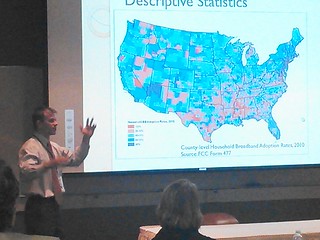 Use of fast Internet access by as many people as possible improves
local income and jobs, and fast Internet access is necessary for
creative workers, according to a nationwide detailed study.
Use of fast Internet access by as many people as possible improves
local income and jobs, and fast Internet access is necessary for
creative workers, according to a nationwide detailed study.
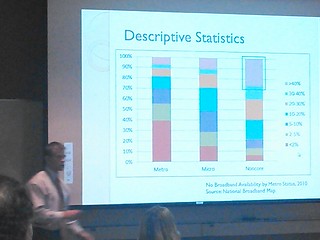
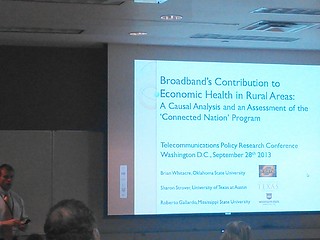
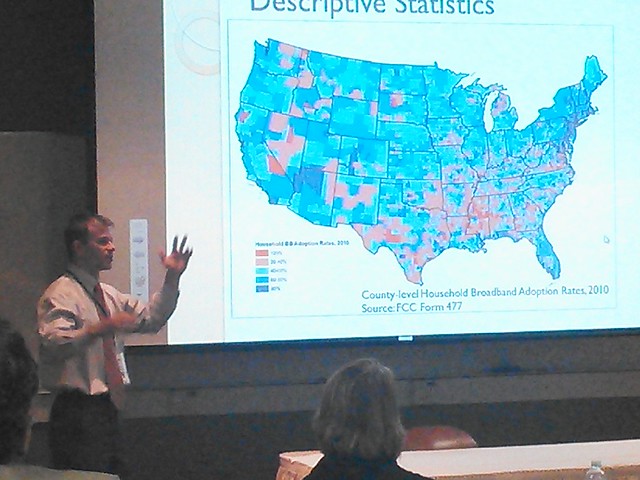








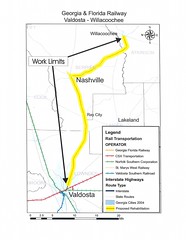
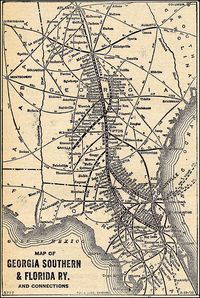
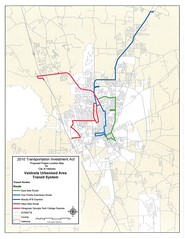

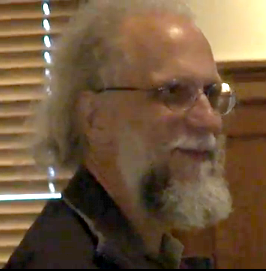 For a year I’ve been asking for a list of jobs attracted by the
Authority. We welcome your marketing expertise so we’ll know
the Authority’s successes!
For a year I’ve been asking for a list of jobs attracted by the
Authority. We welcome your marketing expertise so we’ll know
the Authority’s successes!




